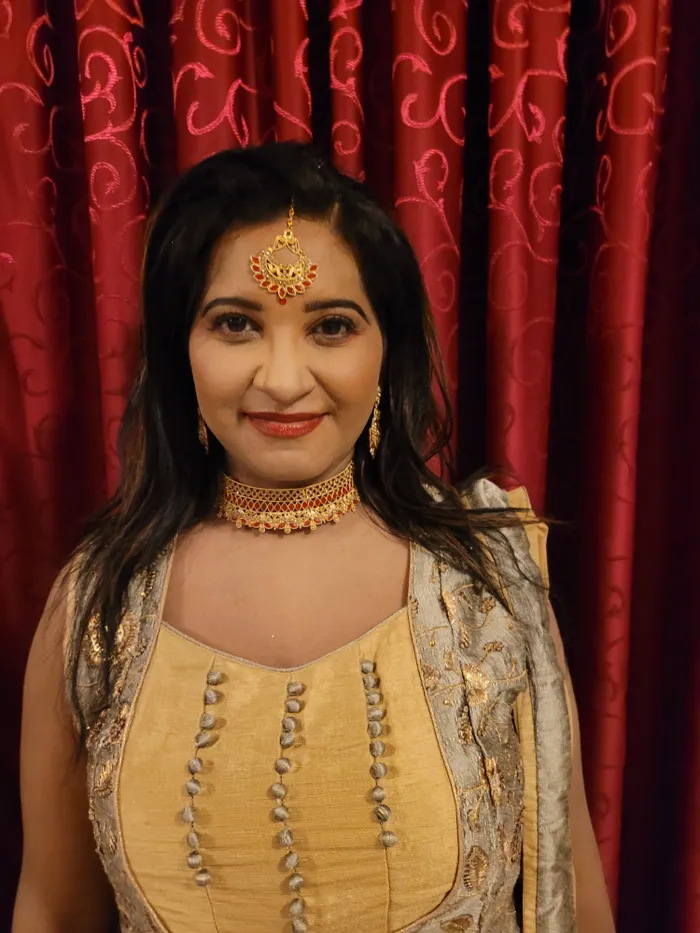Why do we tend to judge a book by its cover?

Anolene Thangavelu Pillay is a Psychology Advisor. | Supplied
ANOLENE THANGAVELU PILLAY
As we enter May, a month dedicated to Mental Health Awareness, we look at the psychological reasons that attempt to explain why we judge others.
Unknowingly, we are becoming more self-critical which results in uncalled-for mental health challenges. The article aims to enrich our well-being through its intriguing insights.
Evolutionary psychology suggests “judging a book by its cover” is an instinctive human behaviour that has been practised for thousands of years. However, survival requires us to judge others to a certain degree to ensure our safety.
The value of someone cannot be accurately conveyed through their external appearance. This thinking is based on the idea that someone can judge a book’s worthiness purely on its cover without examining its contents.
The expression, “don’t judge a person unless you have walked in their shoes”, serves as an awareness to establish boundaries in everyday conversations. Through the constant focus on the negative in others, we train our minds to focus on the negatives in ourselves.
The presence of the feelings triggers an increase in stress levels, causing the immune system to weaken, resulting in high blood pressure, depression, anxiety or even stroke.
Judging others can become problematic when it becomes a self-destructive habit that stunts our personal development. The reality is that everyone has a story to share and what you see is an incomplete reality. Is our judgement of others preventing us from understanding a new truth? Why do we judge, compare and discriminate? Why is there a pressing need to gain acceptance, attention or control from a social group? Or do an individual’s insecurities result in the judgemental attitudes?
As per research, people judge others harshly to divert attention away from their imperfections and as a coping strategy to gain superiority over their insecurities. Judging others can undermine respect and understanding which are essential for healthy relationships.
Why not reflect on how it feels to be judged yourself? You may have felt the sting of being judged. We all draw conclusions about others based on their words and actions. Despite changes in a person’s personality and character over time, our conclusions often remain biased. Further, we tend to overestimate, assuming people are far worse or far better than they are.
In the current era, suppressing our instincts is becoming more difficult despite our efforts to be non-judgemental. It is clear that social media plays a significant part in influencing how we judge others.
Our minds may delude us as we are predominantly visual creatures, telling us: “The grass on the other side of the fence is greener.” Build self-discipline to resist harmful habits by creating a positive mental environment. Success begins with a conscious decision to eliminate judging others. However, the path demands focus and commitment to move beyond our state.
Why not refrain from judging others? Liberate yourself by accepting the imperfections of others. Consciously choose to understand their imperfections that you believe are worthy of criticism.
Does it feel good to judge others? To perseverate on their imperfections? However, unreliable judgements are most probable. Daniel Kahneman, one of the authors of the book, “Noise”, poses an intriguing question: When people make judgements based on the same information, how much variation is there typically in their individual judgements?
Humans instinctively gravitate towards positive energy. As others perceive you as judgemental, they are less inclined to share anything meaningful with you. Judging others unknowingly is an insidious habit that sows seeds of stagnation that stunt personal development. No one enjoys listening to a constant barrage of complaints. Construct an environment where judging others is minimised to encourage understanding, kindness and perspective-thinking.
Imagine a setting where diverse personalities can better understand each other as solutionaries, rather than judges. The goal of employing a “human library” globally is to better understand the stories of individuals.
A library where people act as books based on the philosophy of not judging a book by its cover. The purpose of human books is to “unjudge” someone, a learning platform that allows stories to be told by real-life characters who lived them.
Further, human books address stigma and stereotypes through an open dialogue with the “reader”. The library is a safe space for readers to acquire knowledge, and alter and develop a culture of inclusivity to uncover smarter judgements.
If we exert a little effort, like opening a book and browsing its contents before deciding whether to buy it, we can overcome our visual biases to uncover the truth. Each one of us has our history, we all experience varying levels of reactivity, hurt and hypocrisy. Instead of judging harshly, why not uplift others passionately? Why not unbox your thinking, release yourself from old judgements and create the space for new understandings?
Anolene Thangavelu Pillay is a psychology adviser.
Daily News
Related Topics: